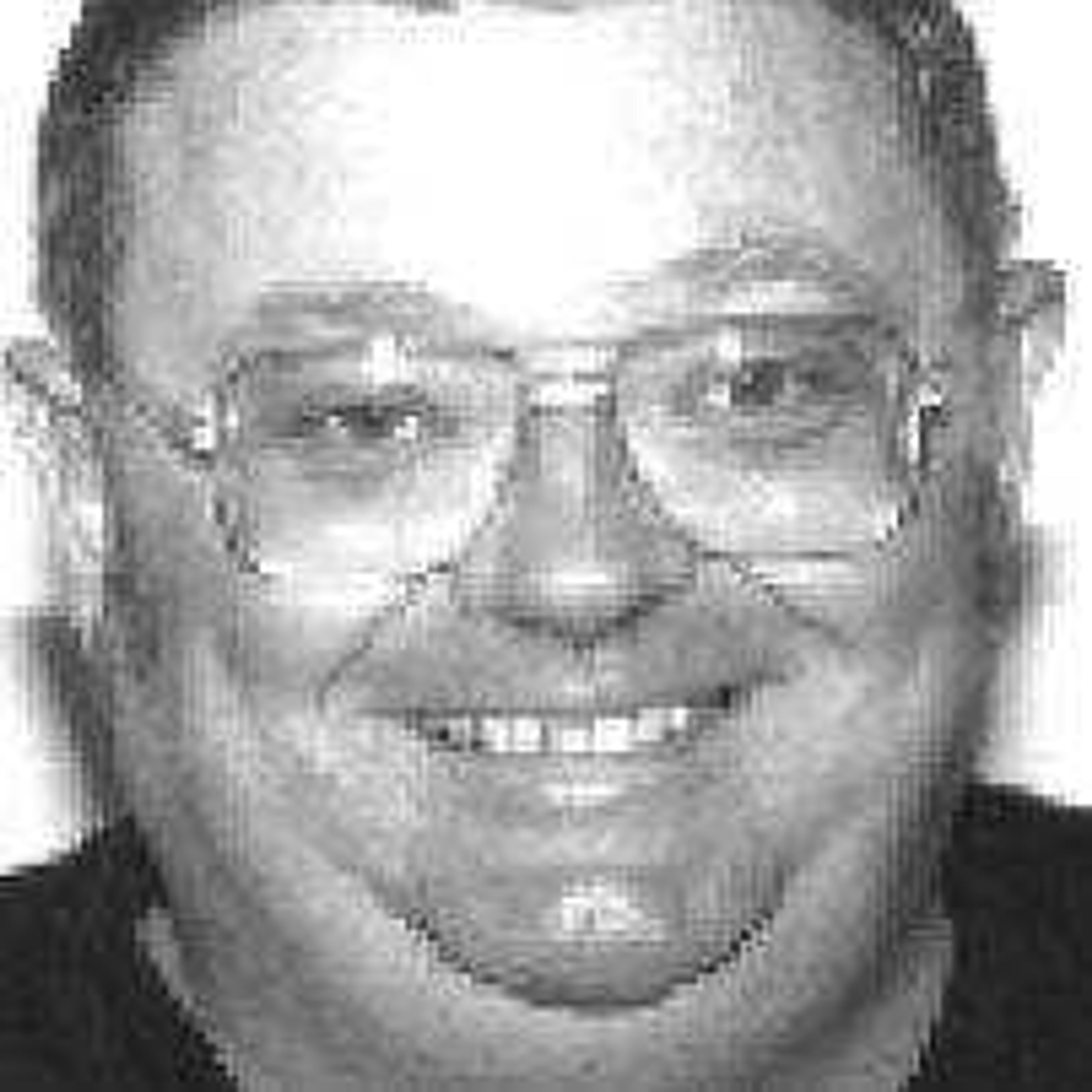Paying final respect by pulling over
Back in 1972 I finished my fourth year of college in Chadron, Nebraska, and got married that next fall. We found a job about 18 miles southwest of Arthur, Nebraska, working on a cattle ranch. It was a great job. I was the only hired hand, so I got to work with the two owners. I learned a lot and really enjoyed it...
By Rennie Phillips
Back in 1972 I finished my fourth year of college in Chadron, Nebraska, and got married that next fall. We found a job about 18 miles southwest of Arthur, Nebraska, working on a cattle ranch. It was a great job. I was the only hired hand, so I got to work with the two owners. I learned a lot and really enjoyed it.
I was fixing a fence east of our house when Marge pulled up and said Mick, my brother, had called and said he thought Dad had a heart attack and was probably dead. So we loaded up and drove to Arthur where we met the ambulance. The driver, and I can't remember who now, told us that Dad had died and he was going to take him to Ogallala, Nebraska, to the hospital where they would pronounce him dead. And for some reason I knew I had to ride down to Ogallala with Dad. It was a long and difficult 40 miles.
We worked on the ranch a few more years, worked for a general contractor in Arthur for a few years and then moved our family to Oklahoma to attend Bartlesville Wesleyan College to study to become a minister. After graduating from BWC we moved to Wilmore, Kentucky, to attend Asbury Seminary for some more schooling. I graduated from Asbury in 1986, which was when we moved to Scott City and began pastoring the Wesleyan church here.
I had a lot of head knowledge, but not a lot of practical knowledge. So I was really green, if you will. I'd never done a wedding or a funeral. Evelyn Foster usually played for my weddings. One of the first weddings I had the group stand when the bride came in. They were still standing when I pronounced them husband and wife. I forgot to have them sit.
I had never been around a person that was dying. Jo Ann was the first. She helped me more than I helped her. Great lady.
When it came time to do the service up at Amick's Funeral Home, Ollie Amick and his boys and Bill Dickey walked me through the service. They helped me know where to stand and what to do and the whole works. They are good people. And when it came time to make the trip to the cemetery, I rode in the hearse. For some reason I had to make that last journey with the deceased.
The other day I was riding in the hearse with Scott Amick as we drove to Morley, Missouri, which is about 15 miles from Scott City. We met car after car while in route. Some of the cars would automatically pull off to the side of the road for the funeral procession. Some would take a while as if they were distracted and never noticed that it was a hearse. And some just kept on driving.
Back through the years one always pulled over when an emergency vehicle had its lights on. Always. And one always pulled over for a funeral procession. Always. One needed to get out of the road of the emergency vehicle, but one needed to show respect to the funeral procession. The other day when we were driving to Morley and the cemetery, we drove by a guy mowing the yard on his John Deere. He stopped the mower, turned it off and removed his cap. It was nice. I wish I could thank him. I thought it was a law in Missouri that one had to pull over when meeting a funeral procession, but it's not. I asked a friend of mine who is a police officer, and he said it isn't.
For me, the bottom line is respect. Respect for the deceased and respect for the grieving family and friends. When we pull over while they pass we are simply saying we honor the dead loved one and we uplift the grieving in their sorrow. It doesn't take much time to pull over and allow them to pass. Unless it's a really long procession, it can't take over a minute or two.
Respect, though, is something we seem to be lacking today. Respect for our elders, our parents, our teachers, our law enforcement, our military, our politicians, the clergy, and the list goes on and on. In a few cases they don't deserve our respect, but only in a few cases. And just because a few don't deserve our respect doesn't give us license to dishonor or disrespect everyone. I learned respect at home with two parents that showed me what respect was about. They modeled respect for me.
The bottom line is we need to honor those who are deceased and the family and friends as they travel to the cemetery. Pull over if you meet a funeral procession. Show the family and the deceased some respect and honor.
Connect with the Southeast Missourian Newsroom:
For corrections to this story or other insights for the editor, click here. To submit a letter to the editor, click here. To learn about the Southeast Missourian’s AI Policy, click here.









